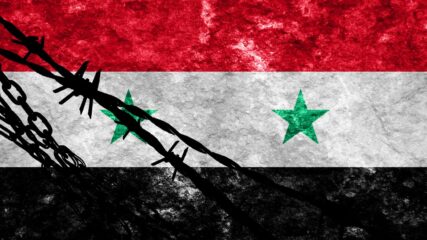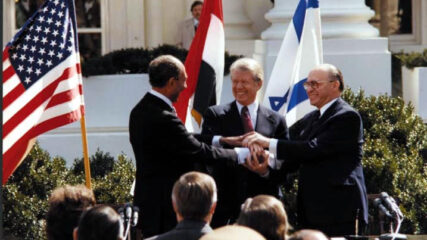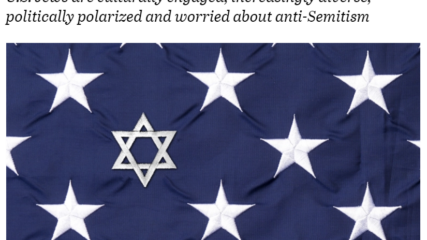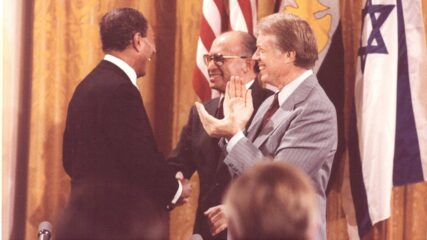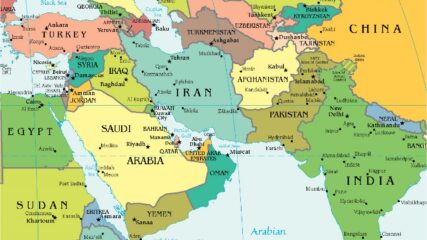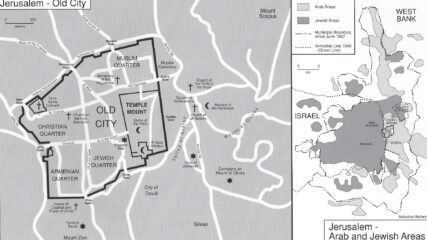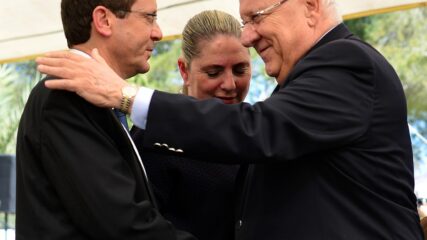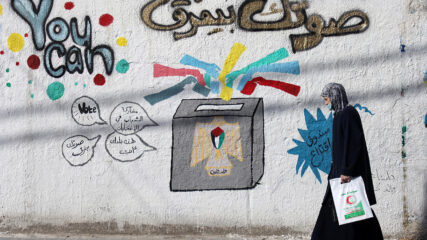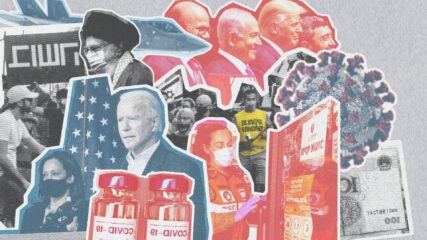Iran’s Strategy for Control of SyriaCIE+
Recent statements by a number of Israeli officials have claimed a degree of success in Israel’s efforts to contain and roll back Iran’s entrenchment in Syria. But while Israel’s tactical successes are certainly notable and impressive, the big picture is that Iran’s influence and strength in Syria continues to deepen and expand. Iran’s efforts are taking place at three levels: below the official Syrian state structures – in the arming and sponsoring of Iran-controlled paramilitary formations on Syria soil, within the Syrian state – in the control of institutions that are officially organs of the regime, and above the state, in the pursuit of formal links between the Iranian and Syrian regimes.

